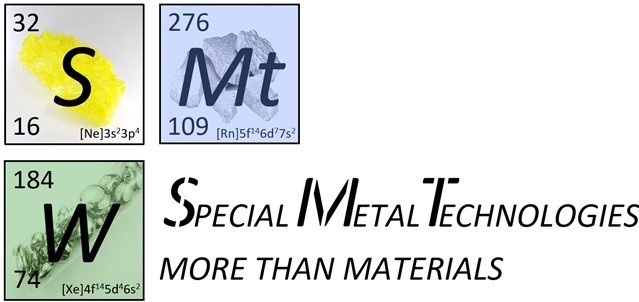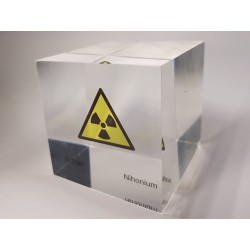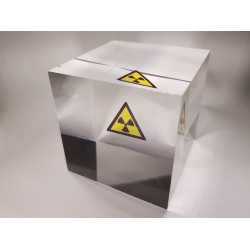- Shop
- Acrylic cubes
-
Elements
- Hydrogen
- Helium
- Lithium
- Beryllium
- Boron
- Carbon
- Nitrogen
- Oxygen
- Fluorine
- Neon
- Sodium
- Magnesium
- Aluminium
- Silicon
- Phosphorus
- Sulfur
- Chlorine
- Argon
- Potassium
- Calcium
- Scandium
- Titanium
- Vanadium
- Chromium
- Manganese
- Iron
- Cobalt
- Nickel
- Copper
- Zinc
- Gallium
- Germanium
- Arsenic
- Selenium
- Bromine
- Krypton
- Rubidium
- Strontium
- Yttrium
- Zirconium
- Niobium
- Molybdenum
- Technetium
- Ruthenium
- Rhodium
- Palladium
- Silver
- Cadmium
- Indium
- Tin
- Antimony
- Tellurium
- Iodine
- Xenon
- Cesium
- Barium
- Lanthanum
- Cerium
- Praseodymium
- Neodymium
- Promethium
- Samarium
- Europium
- Gadolinium
- Terbium
- Dysprosium
- Holmium
- Erbium
- Thulium
- Ytterbium
- Lutetium
- Hafnium
- Tantalum
- Tungsten
- Rhenium
- Osmium
- Iridium
- Platinum
- Gold
- Mercury
- Thallium
- Lead
- Bismuth
- Polonium
- Astatine
- Radon
- Francium
- Radium
- Actinium
- Thorium
- Protactinium
- Uranium
- Neptunium
- Plutonium
- Americium
- Curium
- Berkelium
- Californium
- Einsteinium
- Fermium
- Mendelewium
- Nobelium
- Lawrencium
- Rutherfordium
- Dubnium
- Seaborgium
- Bohrium
- Hassium
- Meitnerium
- Darmstadtium
- Roentgenium
- Copernicium
- Nihonium
- Flerovium
- Moscovium
- Livermorium
- Tennessine
- Oganesson
- Buch
- References
- Periodic Tables
- Metalle Wimmer
- Metametals
Nihonium
Nihonium, with the chemical symbol Nh and atomic number 113, is an artificially produced chemical element that was first synthesized in 2003 at the RIKEN institute in Japan. The discovery is credited to the research of Kosuke Morita and his team. Nihonium was created through the fusion of bismuth-209 with cobalt-59 nuclei.
The name "Nihonium" derives from "Nihon," the Japanese word for Japan, reflecting the nation where the element was discovered. The naming emphasizes the importance of global collaboration in scientific research. The discovery of Nihonium was a significant step in the exploration of the heaviest elements in the periodic table. Nihonium is extremely rare on Earth and does not occur naturally. It is artificially produced in particle accelerators and has limited applications, mainly in scientific research to explore the properties of transuranic elements.
The key Nihonium isotopes are Nihonium-284 and Nihonium-285. Nihonium-284 has a half-life of about 0.48 seconds, while Nihonium-285 is approximately 20 seconds.
There are 2 products.
Active filters


